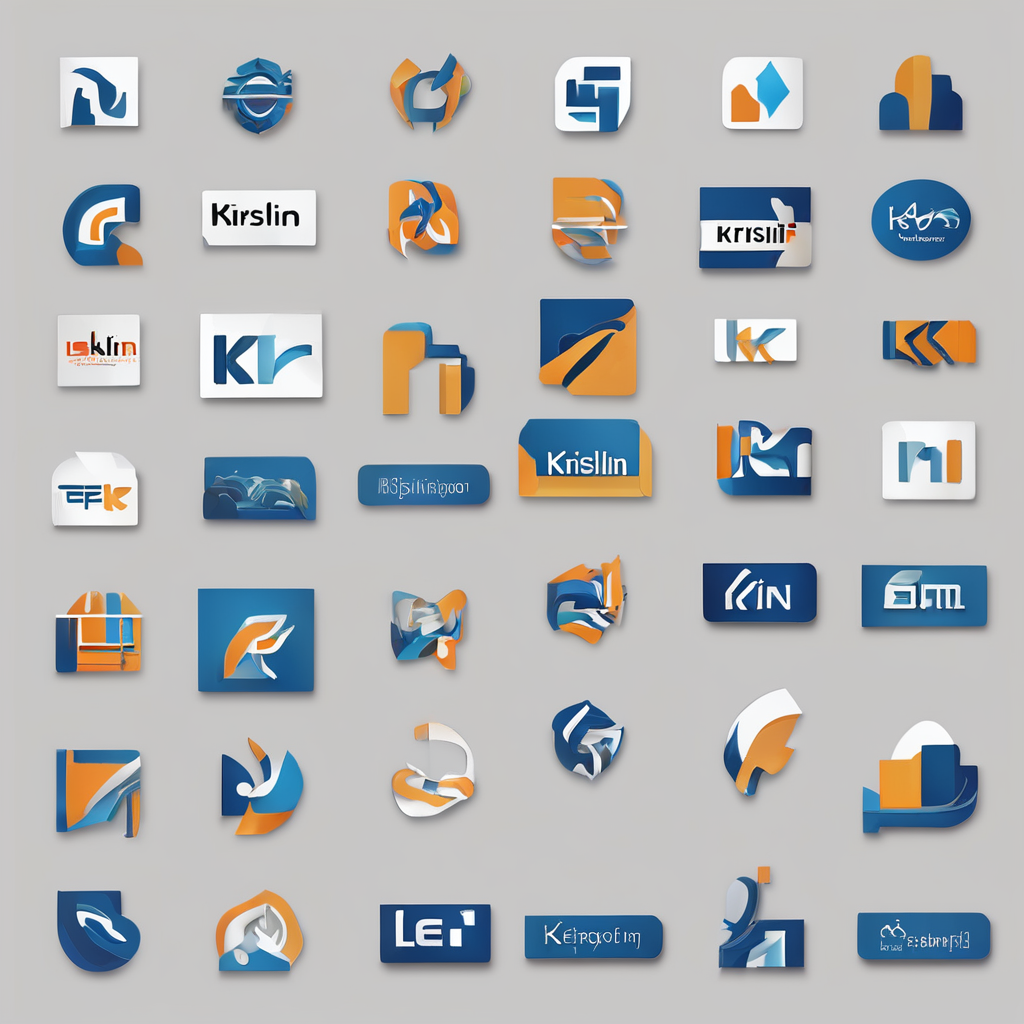The Impact of Technology on Business Formation in the UK
The role of technology in business formation within the UK has significantly transformed how new enterprises are established. Today, businesses can leverage digital tools to streamline their formation processes, enhancing their ability to navigate the complex landscape of registration and compliance. This shift indicates a substantial digital transformation in business endeavors, highlighting the importance of technological advancements in facilitating efficient and rapid setups.
In the past, the process of UK business formation was often burdened with time-consuming paperwork and manual tasks. However, digital transformation has introduced automated and efficient systems that alleviate these pressures. For instance, online company registration services significantly alter how businesses are set up, offering a user-friendly platform where entrepreneurs can complete their tasks more expediently.
Topic to read : What Are the Challenges Faced by UK-based Entrepreneurs When Starting a Business?
Furthermore, technology reduces the cost and complexity of entering the market. By automating various processes, businesses can minimize administrative overhead and focus resources on growth and innovation. Digital tools also ensure compliance with legal and regulatory frameworks, making sure that businesses can adhere to necessary standards without additional stress.
Moreover, the economic advantages of implementing technology in business formation are immense. It opens the door to a broader range of market opportunities, driving economic growth by facilitating easier access to global markets. As UK enterprises continue to harness digital solutions, they can achieve a significant competitive edge in the international arena, contributing to overall economic resilience and technological prowess.
Also read : How Does UK Business Formation Impact International Trade?
Digital Tools and Platforms for Business Registration
In the UK, online company registration has simplified business formation with digital registration platforms and e-filing solutions streamlining processes.
Overview of Online Company Registration Services
These services offer a straightforward approach. By using digital tools, entrepreneurs can complete essential registration tasks efficiently. The ability to register a company online eliminates the tedious nature of traditional, paper-based methods, allowing for quicker market entry.
Comparative Analysis of Popular Registration Platforms
Key features of popular platforms often include user-friendly interfaces, cost-effective packages, and comprehensive support. These elements ensure that registration is not only swift but also adaptable to various business needs. Platforms like Companies House provide essential e-filing solutions that facilitate seamless submissions.
Streamlining Compliance with Digital Registration
Technology ensures that businesses remain compliant by integrating automation, reducing manual intervention. This minimizes the chance of human error and cuts down on administrative overhead, enabling businesses to focus on growth rather than paperwork. Through digital solutions, businesses can ensure they meet legal requirements effortlessly, thus fostering a smoother operational setup.
Enhancing Communication in Business Formation
In today’s rapidly evolving business landscape, digital communication tools play a pivotal role in streamlining interactions among stakeholders involved in business formation. These tools facilitate instant communication, file sharing, and collaborative decision-making, ensuring that entrepreneurs and their teams remain connected regardless of their physical locations.
Business communication solutions have advanced significantly, providing a plethora of options tailored to meet the needs of modern enterprises. One such advancement is the rise of cloud-based collaboration platforms, which enable remote teams to work together seamlessly. These platforms offer a suite of features like video conferencing, real-time document editing, and task management, promoting efficiency and reducing the need for physical meetings.
Innovative digital collaboration tools foster transparent communication lines, resulting in well-coordinated business operations. By enabling remote work environments, they reduce overhead costs associated with physical office spaces while maintaining productivity. These attributes contribute to the smooth formation and growth of new businesses.
Successful communication strategies adopted by new businesses often involve integrating multiple digital solutions. For example, utilizing both instant messaging services and project management tools ensures consistent updates and aligns team objectives. By embracing these technologies, businesses not only enhance their internal communications but also improve interactions with clients and partners, fostering stronger relationships that facilitate long-term success.
E-commerce Solutions and their Role in Business Formation
In the ever-evolving landscape of UK business formation, the integration of e-commerce platforms has emerged as a pivotal strategy for entrepreneurs seeking to establish a robust market presence. These platforms provide a gateway to connect with a broader customer base, enabling businesses to bypass traditional retail constraints and tap into a global audience. They play an indispensable role in modern business operations, supporting not only online sales but also facilitating efficient supply chain management and customer engagement.
Introduction to Popular E-commerce Platforms
E-commerce platforms such as Shopify, WooCommerce, and Magento are at the forefront of digital transformation in business. They offer user-friendly interfaces and comprehensive suites of tools that assist businesses in seamlessly setting up online stores. These platforms are designed to cater to diverse business needs, ranging from simple online marketplaces to complex retail ecosystems, thereby making them integral to the role of technology in business formation.
Setting Up an E-commerce Business: Key Steps
Establishing an e-commerce presence requires strategic planning and execution. One key step is choosing an appropriate platform that aligns with the business model and goals. This decision impacts everything from design to payment solutions. Additionally, creating a cohesive digital strategy—inclusive of SEO, online marketing, and customer service—is essential. Having a robust online presence from the outset allows new enterprises to capitalize on digital channels, driving brand awareness and sales.
Case Studies of Successful E-commerce Startups
Several UK startups have showcased impressive success by leveraging online marketplace solutions. For instance, small business Y utilized Shopify to create a dynamic online store, which resulted in a 200% increase in its customer base within the first year. Another case is company Z, which adopted WooCommerce to integrate with their physical store, achieving a seamless multichannel sales approach that resonated well with its target demographic. These examples highlight the economic benefits of adopting technology in the business formation process, illustrating how tailored e-commerce solutions can stimulate growth and innovation.
Legal Technology in Business Formation
In the rapidly advancing landscape of UK business formation, the incorporation of legal tech solutions is transforming how enterprises handle legal requirements. These platforms streamline tasks like contract management and regulatory compliance to reduce risk and enhance efficiency.
Automated Contract Generation and Management
Contract management tools have become vital as they automate the drafting, reviewing, and tracking of legal documents. By utilising sophisticated algorithms, companies can generate contracts that are comprehensive and compliant with current laws, minimizing the risk of human error. This enhancement results in quicker turnaround times and more robust legal safeguards, allowing businesses to focus on growth rather than administrative hurdles.
Benefits of Compliance Technology for New Businesses
Compliance technology provides tools to ensure that new companies meet various legal and regulatory standards without incurring significant time and resource investments. By automating critical processes such as tax filings, data protection, and regulatory submissions, these technologies allow businesses to adhere to required standards while averting potential legal pitfalls. Consequently, startups can direct their energies toward innovation and market development.
In the modern business environment, the integration of legal technology can offer companies a competitive edge, ensuring smoother operations and risk mitigation right from inception. As more companies embrace these digital solutions, they position themselves better for sustained success in an increasingly complex legal landscape.
Case Studies of Successful UK Businesses Leveraging Technology
The impact of technology on modern UK business formation can be observed through the lens of successful technology-driven startups. These businesses have effectively embraced digital tools, enabling swift market entry and fostering innovation.
Case Study 1: A Tech-Enabled Startup’s Journey
Consider a notable UK startup that utilized technology-driven business success to disrupt its industry. By integrating advanced software to automate operations, the company efficiently managed resource allocation and customer interactions. This approach not only boosted operational efficiency but also established a robust digital infrastructure, positioning the startup as an industry leader in innovation.
Case Study 2: An E-commerce Business Utilizing Digital Tools
Another compelling example involves an e-commerce business that employed online marketplace solutions to expand its reach. By leveraging e-commerce platforms, the company tapped into global markets, significantly increasing its customer base and sales. The strategic deployment of digital tools facilitated seamless integration with logistics and payment systems, enhancing overall customer satisfaction.
Lessons Learned from These Successful Businesses
The success of these ventures underscores key strategies that aspiring entrepreneurs can emulate. Firstly, integrating innovation in UK startups can result in significant market differentiation. Moreover, adopting a flexible approach to leveraging technology ensures alignment with evolving market demands. These lessons highlight the transformative potential of digital solutions in propelling business growth and fostering long-term sustainability.

